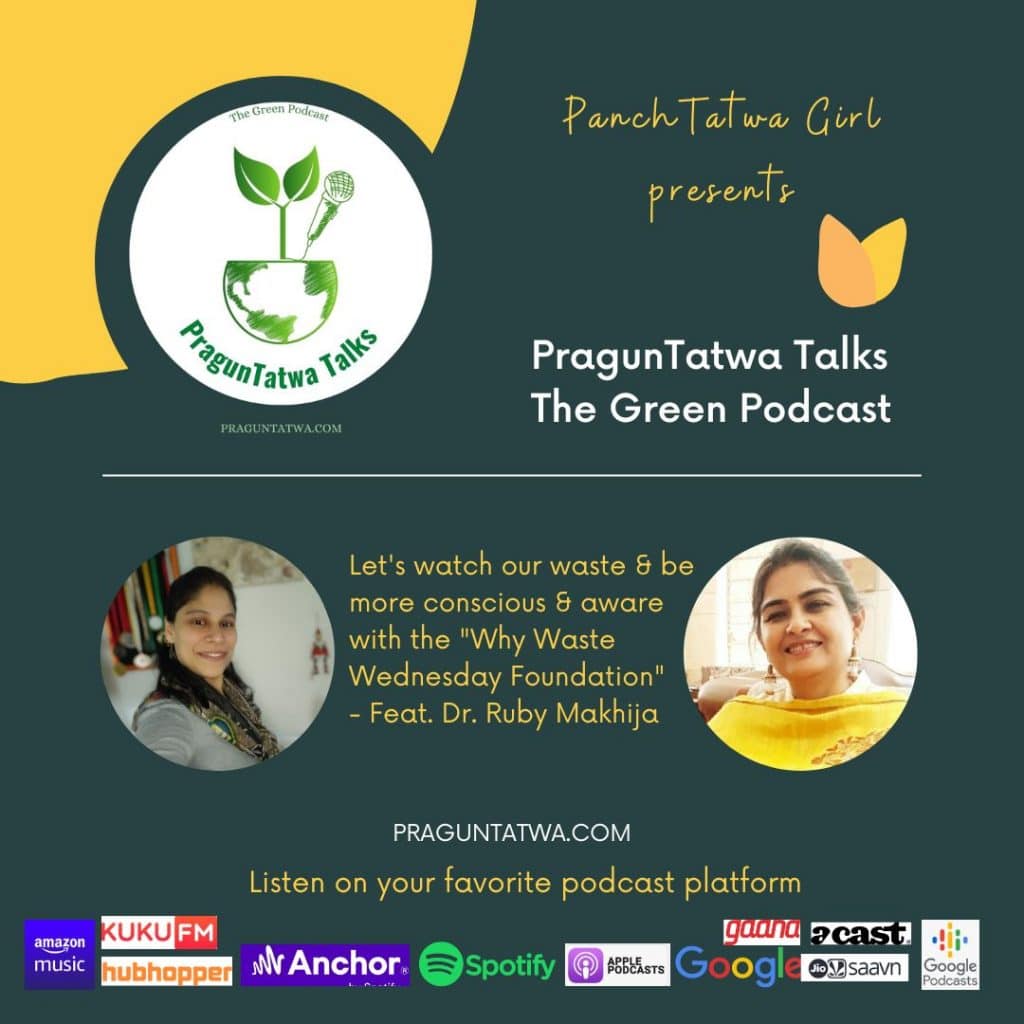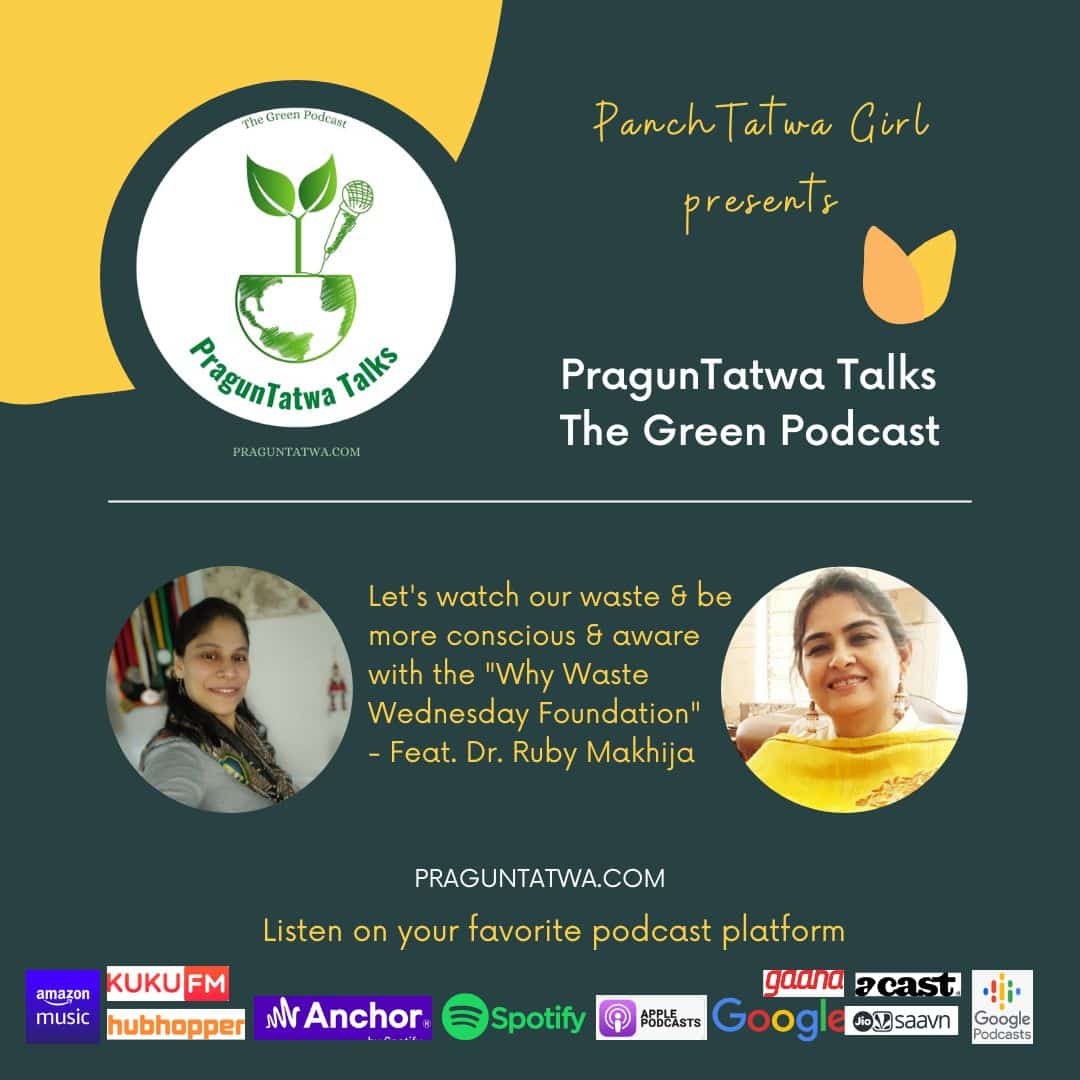Single-use plastics are plastic products that are designed to be used only once before they are thrown away or recycled. These include items such as plastic bags, straws, water bottles, food packaging, and disposable cutlery.
The widespread use of single-use plastics has led to serious environmental problems, including pollution of our oceans, harm to wildlife, and damage to ecosystems. Single-use plastics can take hundreds of years to break down, and during that time they can harm marine life, leach toxic chemicals into the environment, and contribute to the depletion of natural resources.
To reduce the impact of single-use plastics on the environment, many countries have implemented policies to reduce their use. This includes measures such as bans on certain plastic products, taxes on single-use plastics, and public education campaigns to encourage the use of reusable alternatives. As individuals, we can also make a difference by choosing to reduce our use of single-use plastics and opting for reusable products whenever possible.
States and Union territories are undertaking regular enforcement drives to implement a ban on identified single-use plastic items and on plastic carry bags having thicknesses less than one hundred twenty microns, covering fruit and vegetable markets, wholesale markets, local markets, flower vendors, units manufacturing plastic carry bags, etc.
Why Waste Wednesday
It is not uncommon for people to walk into a store without a bag and end up buying more bags to carry their purchases. This can be due to a number of reasons, such as not planning ahead or underestimating how much they would buy, or simply because they prefer the convenience of using a store-provided bag rather than carrying their items by hand.
However, this behavior contributes to the problem of plastic waste and pollution. Each additional bag that is used and discarded adds to the overall amount of plastic waste that is generated, and many of these bags end up in landfills or polluting our oceans.
To discourage people from using single-use plastic bags while shopping in South Delhi’s local markets, Why Waste Wednesdays Foundation (WWWF)—a non-profit organization founded by Navjeevan Vihar-based ophthalmologist Ruby Makhija, along with her husband and daughter—in collaboration with the South Delhi Municipal Corporation has established ‘Vikalp’ stalls, which offer cloth bags on rent to customers.
Why Waste Wednesdays were founded in 2021 by Dr. Ruby Makhija, an ophthalmologist, Dr. Praveen Makhija, a pediatrician, and Yukti Makhija, a B.Tech student. It was started to spread awareness among people to reduce the use of single-use plastic.

Tatwa Talks
In this episode of the Green Tatwa talks, let’s listen to the inspiring journey of Dr. Ruby Makhija, founder of Why Waste Wednesday. Join #PanchTatwaGirl and Dr. Ruby Makhija and move towards a more conscious and waste-free lifestyle. Why waste Wednesday – is on a mission to create a sense of responsibility and ownership towards Society and the Environment with the aim to improve overall living conditions.
Dr. Ruby has succeeded with perfection in the most difficult community projects like behavior change, waste management, wet waste composting, social responsibility, water conservation, etc. Her initiatives include free biodegradable sanitary napkin supply to lesser privileged women(last 3 years). Senior citizen welfare program, and value-based program for community children. Jantantra Mahotsav- an initiative to encourage citizens to vote.
Do check their Website for more information and follow their Instagram page for all updates.
Listen to the episode on –
Spotify
Apple Podcast
Amazon Music
Google Podcast
Hubhopper
Anchor
JioSaavn
Kuku FM
Gaana
Acast

More on Green talks-
In light of, eco-friendly talks do listen to other episodes of Green Talks. Support, share, and try to bring that one change in your life toward a greener tomorrow. Green Talks Season 1 Episode 1-24
In addition, You can even listen to the episode on my podcast site praguntatwa talks, and leave your comments on what you liked in this episode. Along with Eco-friendly discussions, I even want to share Positive stories of people bringing beautiful change to this world. Do read these stories here. I also have other podcasts if something interests you do tune in for PanchTatwa Girl.
Learning to be more environmentally friendly is easier than you think. You don’t have to jump in by changing everything, start small to make the changes more sustainable and a part of your normal life.

Leave a Reply